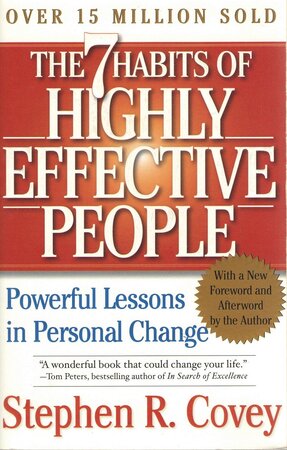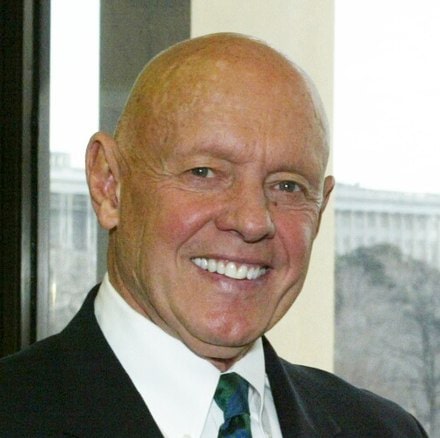
The 7 Habits of Highly Effective People
In this groundbreaking book, Covey presents a principle-centered approach to personal and interpersonal effectiveness. He argues that true success lies not in quick fixes or superficial changes, but in cultivating our character and aligning our actions with timeless principles.
The Character Ethic vs. the Personality Ethic
Covey contrasts two historical paradigms of success. Before World War I, success was attributed to ethics of character—qualities like humility, integrity, and courage. However, after the war, the focus shifted to the “Personality Ethic,” emphasizing public image, behaviors, and skills. Covey advocates a return to the deeper “Character Ethic,” rooted in enduring principles.
The Seven Habits
These habits form the core of Covey’s philosophy. They guide us from dependence to independence and ultimately to interdependence—the highest level of effectiveness. Let’s explore each habit:
Habit 1: Be Proactive
Take responsibility for your life. Recognize that you have the power to choose your responses to external events. Instead of reacting, proactively shape your destiny by aligning your actions with your values.
Habit 2: Begin with the End in Mind
Visualize your desired outcomes before embarking on any endeavor. Define your personal mission statement and set clear goals. By starting with a clear vision, you’ll navigate life’s challenges more purposefully.
Habit 3: Put First Things First
Prioritize tasks based on importance, not urgency. Focus on activities that align with your long-term goals. Covey introduces the Time Management Matrix, which categorizes tasks into four quadrants. Effective people spend more time in Quadrant II—important but not urgent activities.
Habit 4: Think Win/Win
Adopt an abundance mindset. Seek mutually beneficial solutions in interactions with others. Win/Win thinking fosters collaboration, trust, and lasting relationships. It’s about creating value for all parties involved.
Habit 5: Seek First to Understand, Then to Be Understood
Effective communication begins with empathetic listening. Understand others deeply before expressing your own viewpoint. Covey introduces the concept of an “empathic listening ladder,” where we progress from ignoring to genuinely understanding others.
Habit 6: Synergize
Combine individual strengths to create something greater. Synergy emerges when diverse perspectives, talents, and energies come together. It’s not compromise; it’s creative cooperation. Synergistic teams achieve results beyond what any individual could accomplish alone.
Habit 7: Sharpen the Saw
Maintain and renew yourself physically, mentally, emotionally, and spiritually. Regularly invest time in self-improvement, exercise, reflection, and relaxation. A sharp saw cuts more effectively than a dull one.
Independence vs. Interdependence
Covey challenges the notion that independence is the pinnacle of achievement. Interdependence—working collaboratively with others—is more powerful. It acknowledges our interconnectedness and leverages collective strengths.
Conclusion
“The 7 Habits of Highly Effective People” offers timeless wisdom for personal growth and lasting success. By integrating these habits into our lives, we move beyond mere effectiveness to a life of significance and positive impact.
Remember, it’s not about quick fixes; it’s about fundamental shifts in mindset and behavior.













